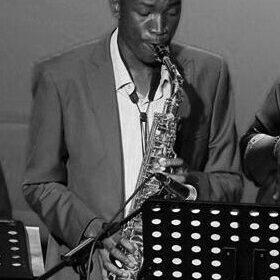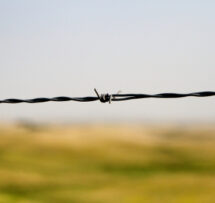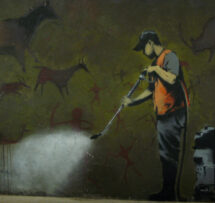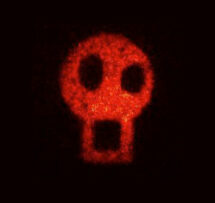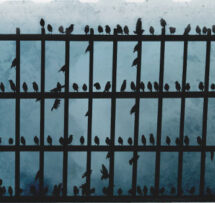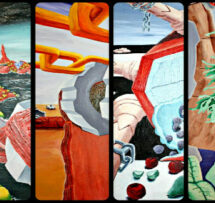The global water crisis: Science, politics and potential for conflict

Why do we have a global water crisis, and how serious is it really? Is it about to get worse? Which regions will be affected the most? Does our planet have enough fresh water for the life it sustains?
Will we see an increase in water-related conflicts in the coming years, and can anything be done to avert them?
Drinking water is a rare commodity with increasing potential for conflicts on many scales. In times of climate change and global warming, precipitation patterns are expected to shift and the availability of sufficient fresh water for communities is predicted to become a problem of rapidly growing severity. The series of long-lasting droughts that has already occurred on several continents in recent decades might be
indicative of what is to come.
In tonight's session of Science & Cocktails Johannesburg, Stephan Borrmann will first present us a quantitative view from the scientific perspective of the most important components of the hydrological cycle. This will include a brief look at the available
water resources residing in the ground water aquifers and the river systems in order to assess the planet’s fresh reservoirs. He will also discuss some of the meteorological background which generally explains the location of the world’s arid regions and deserts.
However, as Prof. Borrmann will briefly demonstrate, the current state of the art and numerical models for simulating the impact of climate change on precipitation still have serious deficiencies, and predicting the availability of water resources in the future is by no means straightforward.
In the second part of the talk, Prof. Borrmann will provide insight on the consumption of fresh water on a per capita basis as well as on the global scale. Here the concept of “virtual water” is introduced, which describes the exchange of water between countries within the globalized economy.
Finally, several examples of conflicts about water availability will outlined. They originate from Central Africa, Asia, South and North America, the Middle East, and Europe. By means of this selection different generic types of conflicts can be exemplified. Conclusions for politics and decision making will be drawn, which here, however, reflect the opinion and possibly controversial view of the speaker.
After the presentation, a discussion of the current water crisis in parts of South Africa (and the underlying mechanisms) with the audience is anticipated and welcome.
Afterwards, refreshing cocktails will counterbalance the water crisis while Godfrey and the Accidentals treat us to an evening of beautiful music including jazz standards, jazz covers as well as a few of the band's originals.
Image: Dry Country (Steve Dorman/flickr) Licenced under creative commons
Talk by
Stephan Borrmann
Stephan Borrmann is Professor at the Institute for Atmospheric Physics at the
Johannes-Gutenberg-University in Mainz, Germany, as well as Director of the Max-Planck Institute for Chemistry in Mainz. He specialises in atmospheric chemistry with a particular focus on clouds and aerosols.
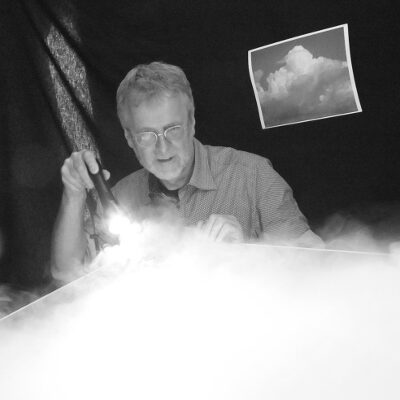
Music by
Godfrey and the Accidentals
Saxophonist Godfrey Mntambo got his start over 11 years ago playing in his high school orchestra where he developed interest and passion for both classical and jazz music. From the knowledge he acquired from being taught music at school, he started playing with garage bands and gospel bands, as he was developing his sound. He was later discovered by different cover bands, and so began his career as one of the most determined session musicians in Johannesburg. He later moved on to playing clubs, playing standards with instrumental jazz bands. Over the years, Godfrey has developed his own unique style of saxophone playing that reflects the many eclectic genres within the South African music environment. He has become a significant voice within South Africa on the contemporary African and jazz music landscape. Tonight's band is composed of Angus Hardcastle (electric bass), Josh Mokoena (piano & keys), Tshiamo Nkoane (drums) and Godfrey Mntambo (alto saxophone). The band plays groove centric jazz tunes that infuse genres such as african jazz,neo soul, blues, swing, hip hop and rock, among others.
